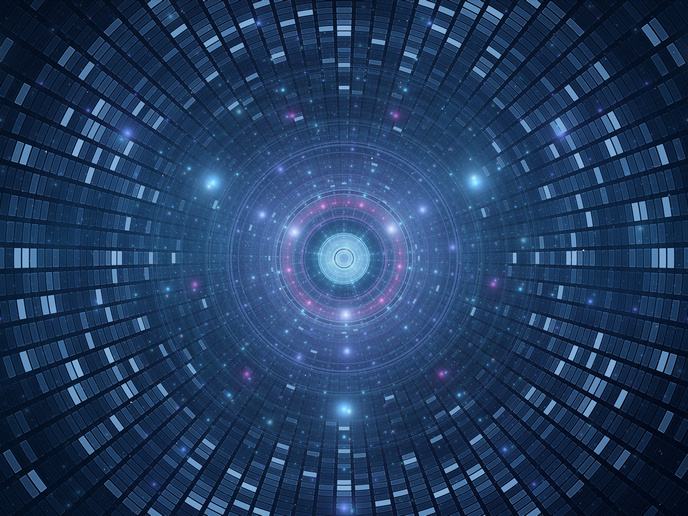Planning the next-generation collider
While most of us are still trying to grasp the concept of the Large Hadron Collider (LHC) – the world’s largest and most powerful particle accelerator, located at the European Organization for Nuclear Research (CERN) – the scientific community has already been planning its successor. A 2023 conference organised with support from the EU-funded FCCIS project is once again bringing together experts from around the world to share their latest research on tomorrow’s particle collider – the FCC. The 9th edition of the FCC Conference is taking place at the Millennium Conference Centre in London, United Kingdom, from 5 to 9 June 2023. As reported in a news item posted on the website of FCCIS project coordinator CERN, the event “will offer ample opportunities to share results, build new collaborations and solidify the vision of a post-LHC circular particle collider. It will provide an important occasion to review the deliverables for the upcoming FCC mid-term review that will take place later this autumn, reinforce the bonds between the FCC collaborating institutes and refine the mid-term review submissions to the CERN Council later this year.”
The future collider
The future of high-energy physics requires colliders that are capable of pushing the energy and intensity frontiers far exceeding what is possible today. Extending well beyond the LHC’s 27-km circumference, the envisioned FCC would be built in a 91-km ring-shaped underground tunnel below the French departments of Haute-Savoie and Ain and the Swiss canton of Geneva. It would also be able to reach collision energies of 100 tera electron Volts (TeV), far surpassing the LHC’s 14 TeV capability. The CERN website provides more details on the infrastructure: “The FCC tunnel would house two colliders, one after the other. The first step, aimed to start operation in the mid 2040s, is an electron-positron collider (FCC-ee) that would provide unprecedented precision measurements and potentially point the way to physics beyond the standard model. The second step would be a proton-proton collider (FCC-hh) reaching energies up to eight times those of the LHC and offering new discovery potential.” To make the FCC a reality, scientists need to consider a number of constraints: “the tunnel must avoid geologically complex areas; it must maximize the efficiency of future colliders; be connectable to the LHC; and the location of the surface sites must respect social and environmental constraints. For this reason, diverse variants of the layout are being considered, following the principles avoid, reduce, compensate to ensure a sustainable design, for future generations.” FCC Week 2023 will cover a number of aspects of the feasibility study for the next-generation hadron collider. These will include physics, experiments, machine design, technologies, infrastructures and civil engineering. The participation of industry is greatly encouraged since the technological challenges presented by the new research infrastructure offer opportunities for co-innovation. Registration for FCC Week 2023 is now open. The work carried out as part of the FCC feasibility study will inform the next update of the European Strategy for Particle Physics in 2026/2027 and also provide societal benefits that extend beyond the sphere of particle physics. The FCCIS (Future Circular Collider Innovation Study) project ends in November 2024. For more information, please see: FCCIS project website
Keywords
FCCIS, CERN, particle collider, particle physics, particle accelerator, Future Circular Collider, Large Hadron Collider



